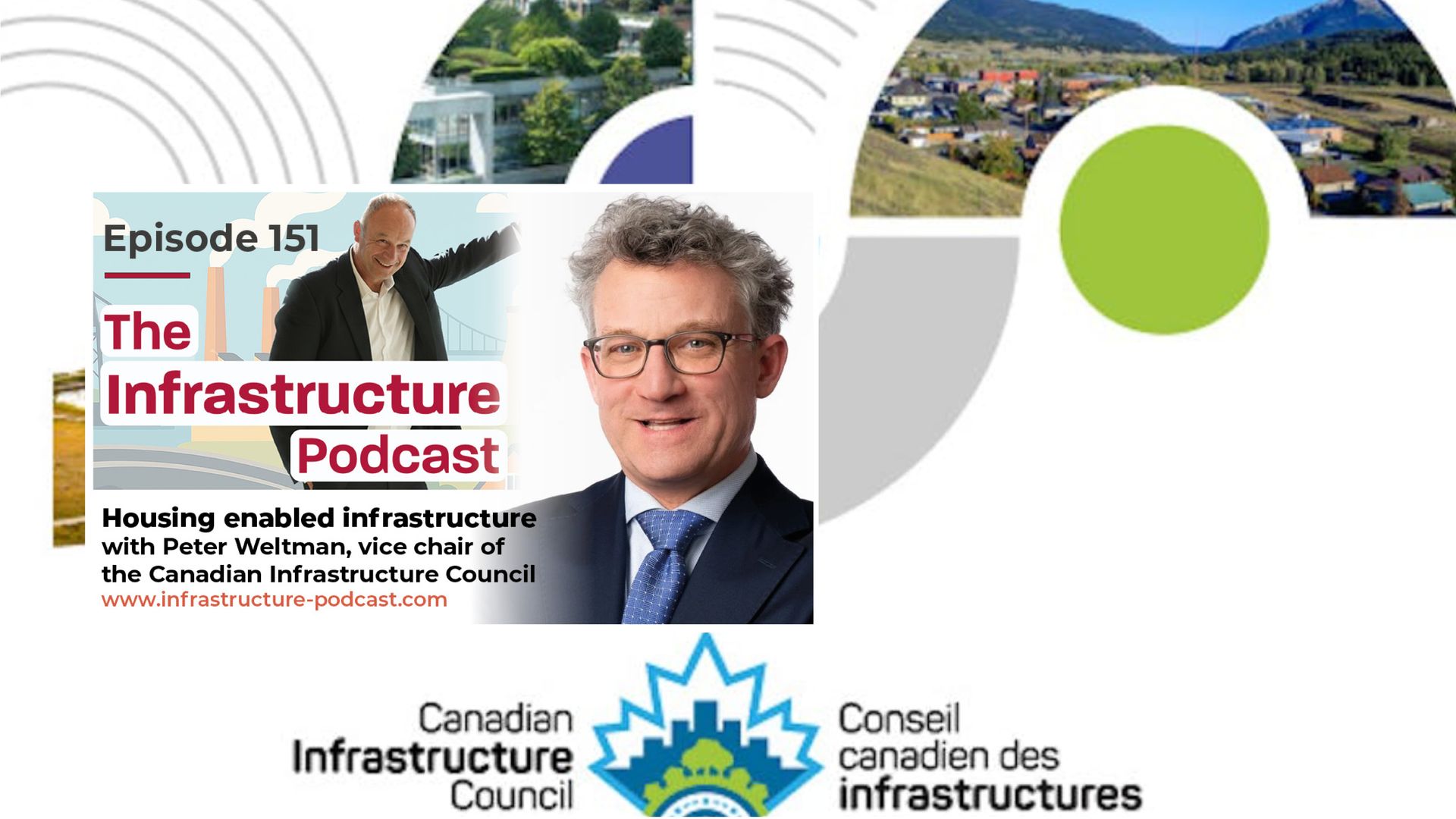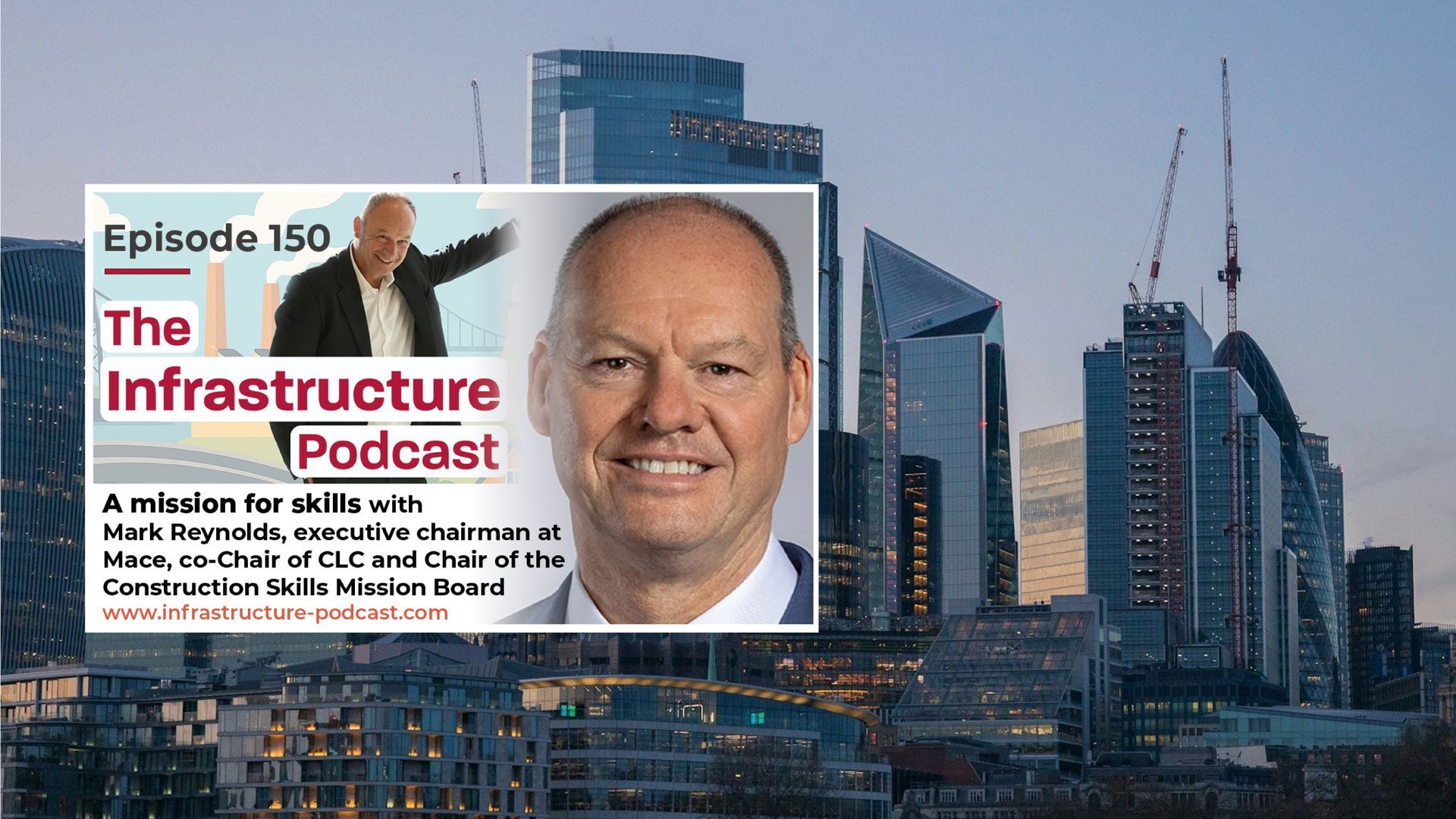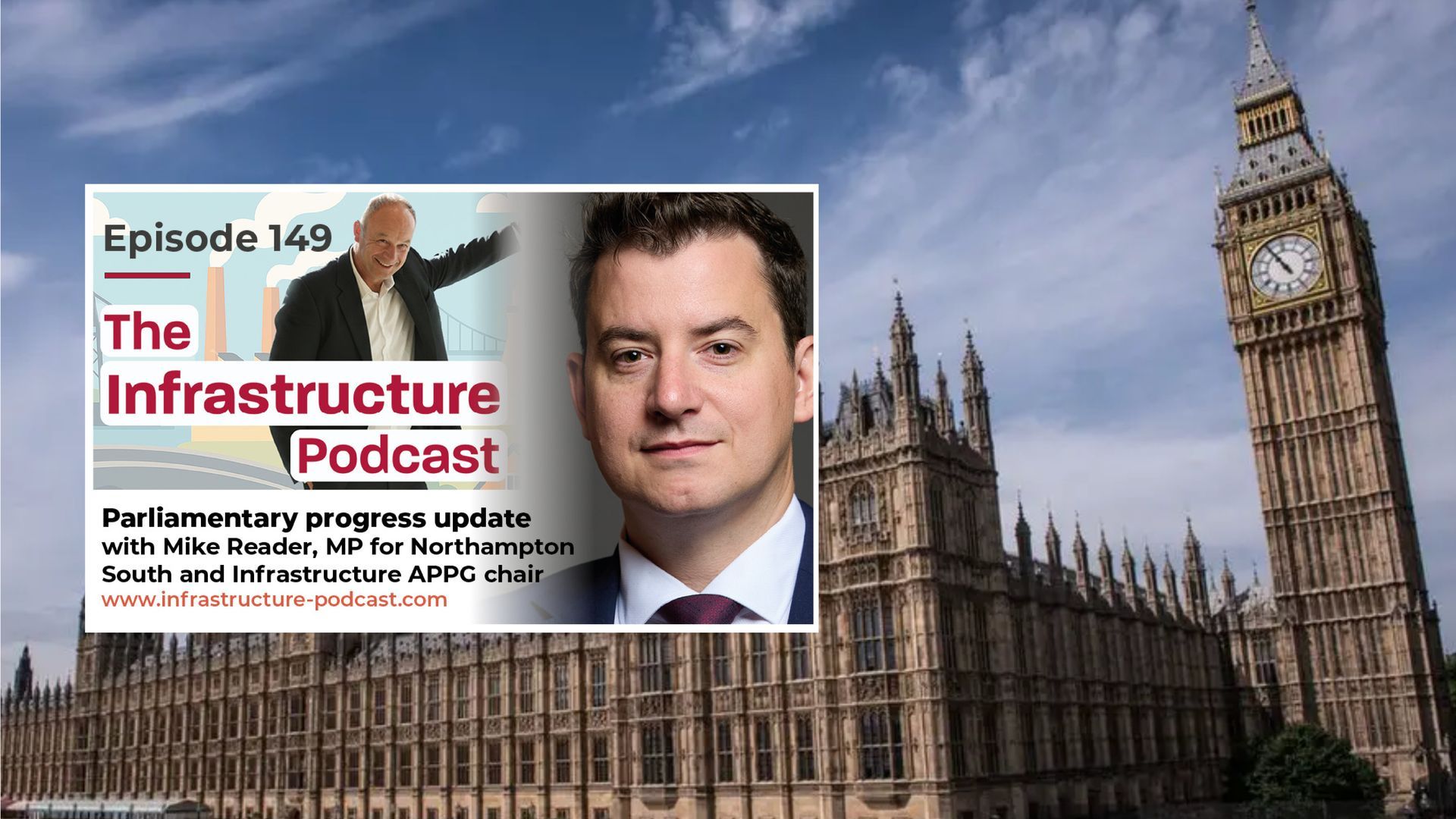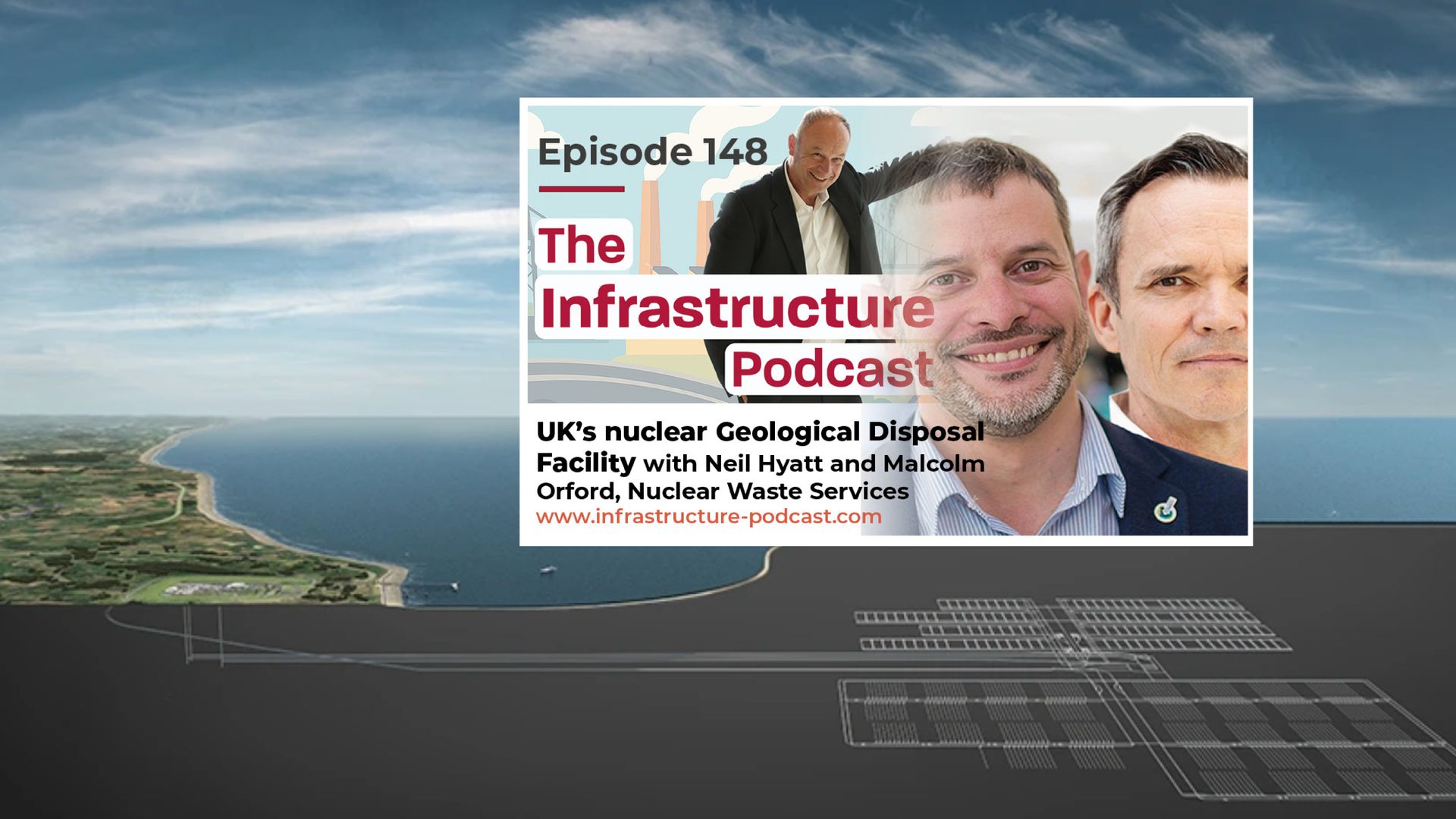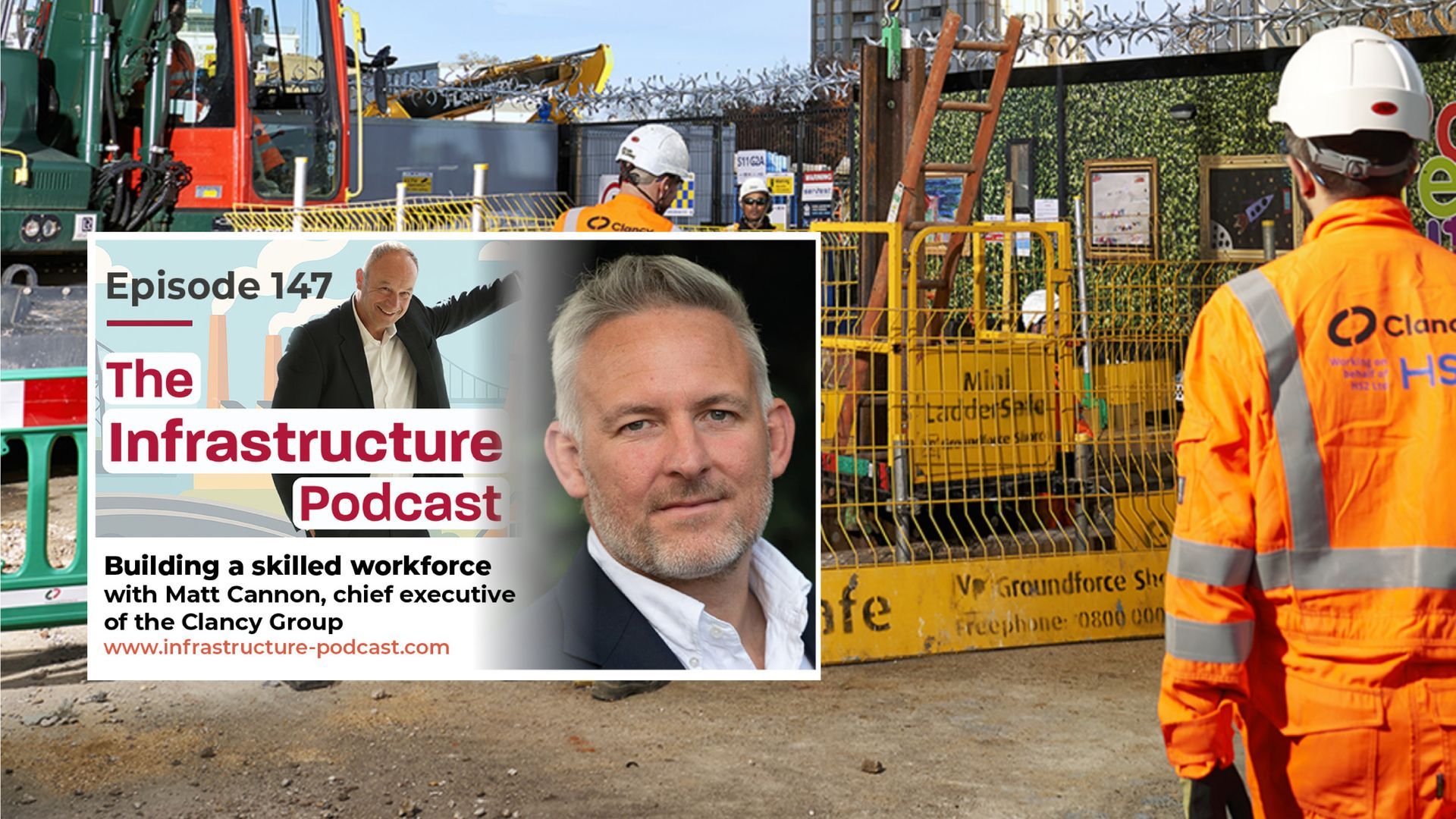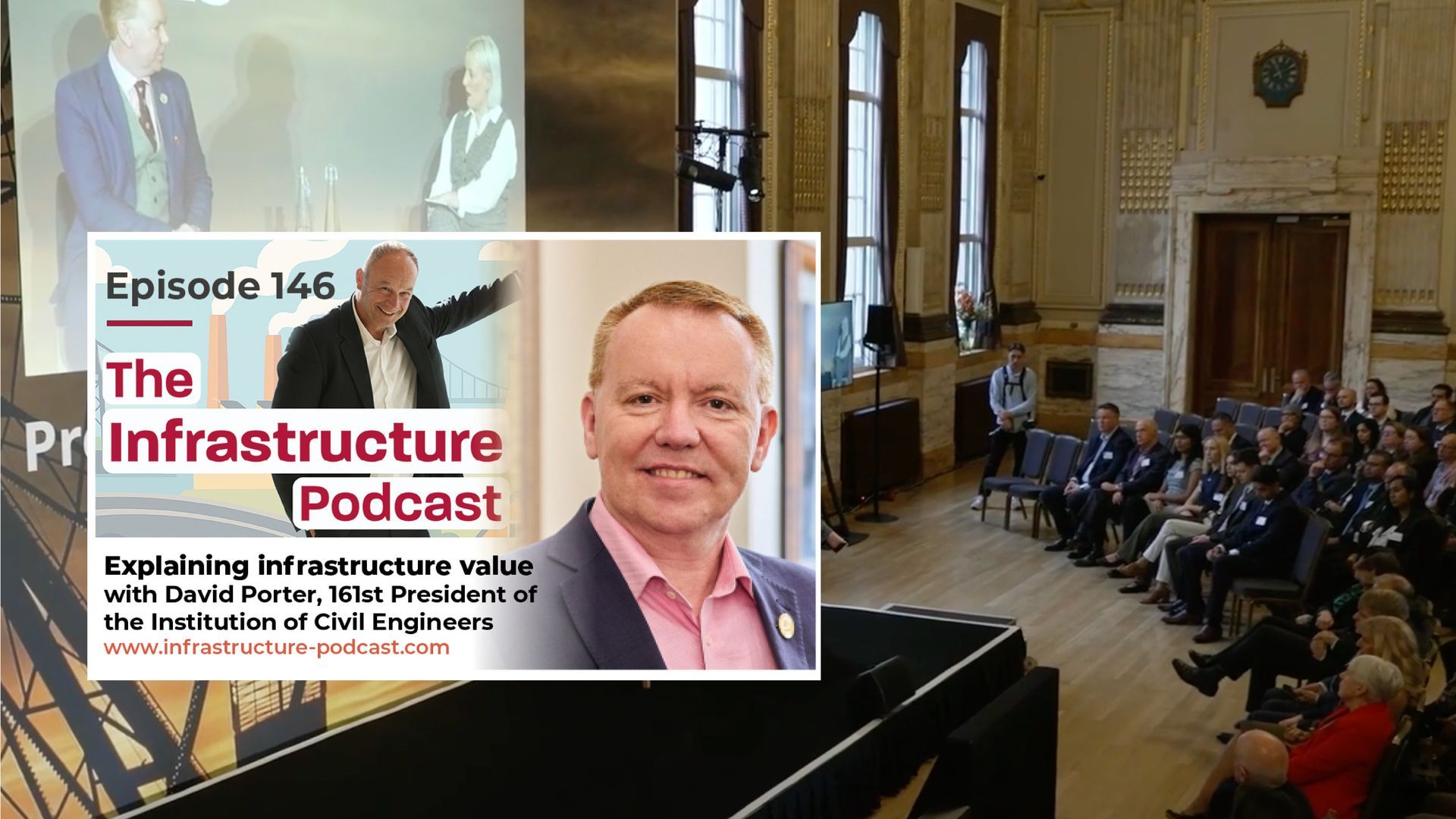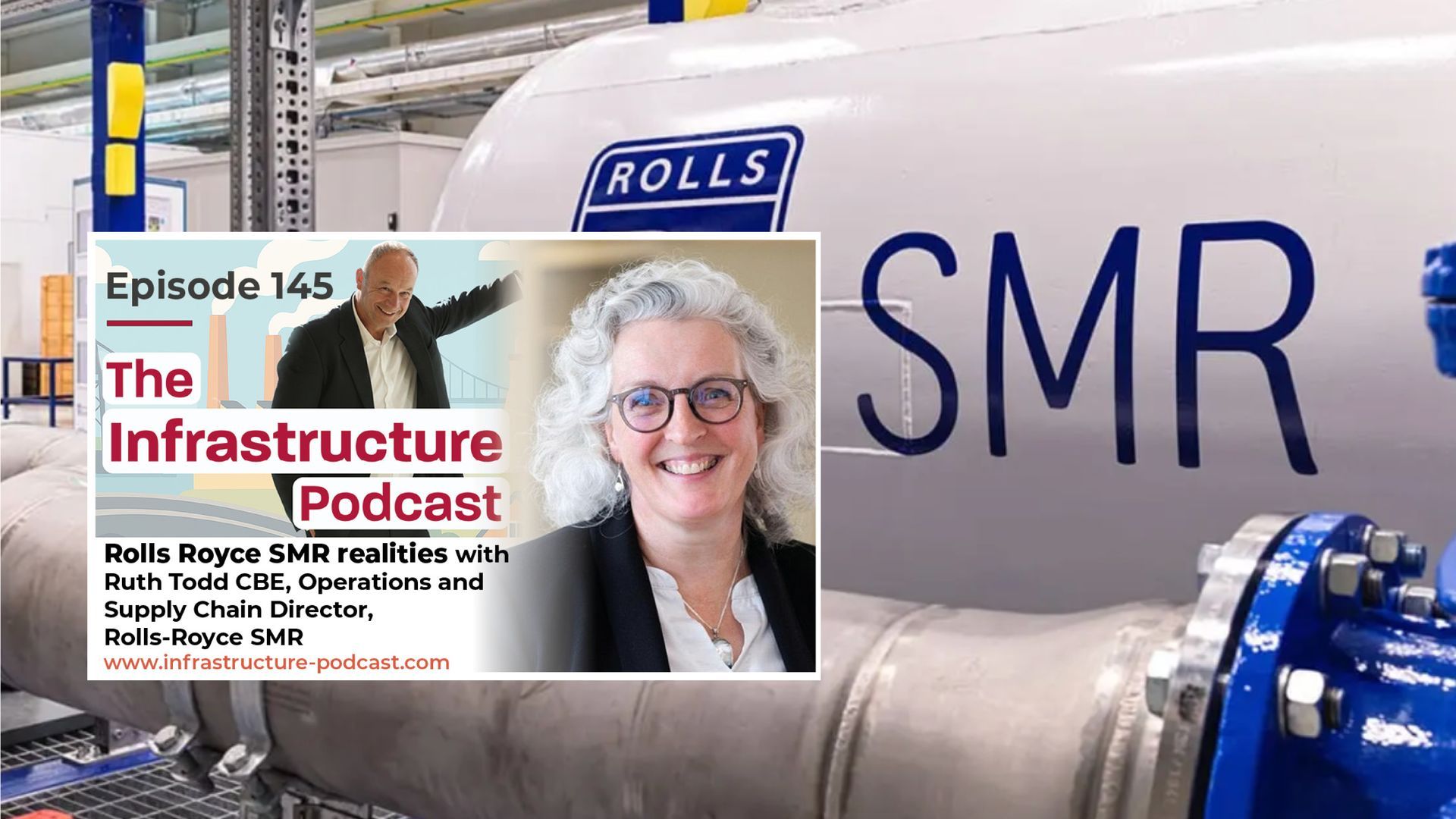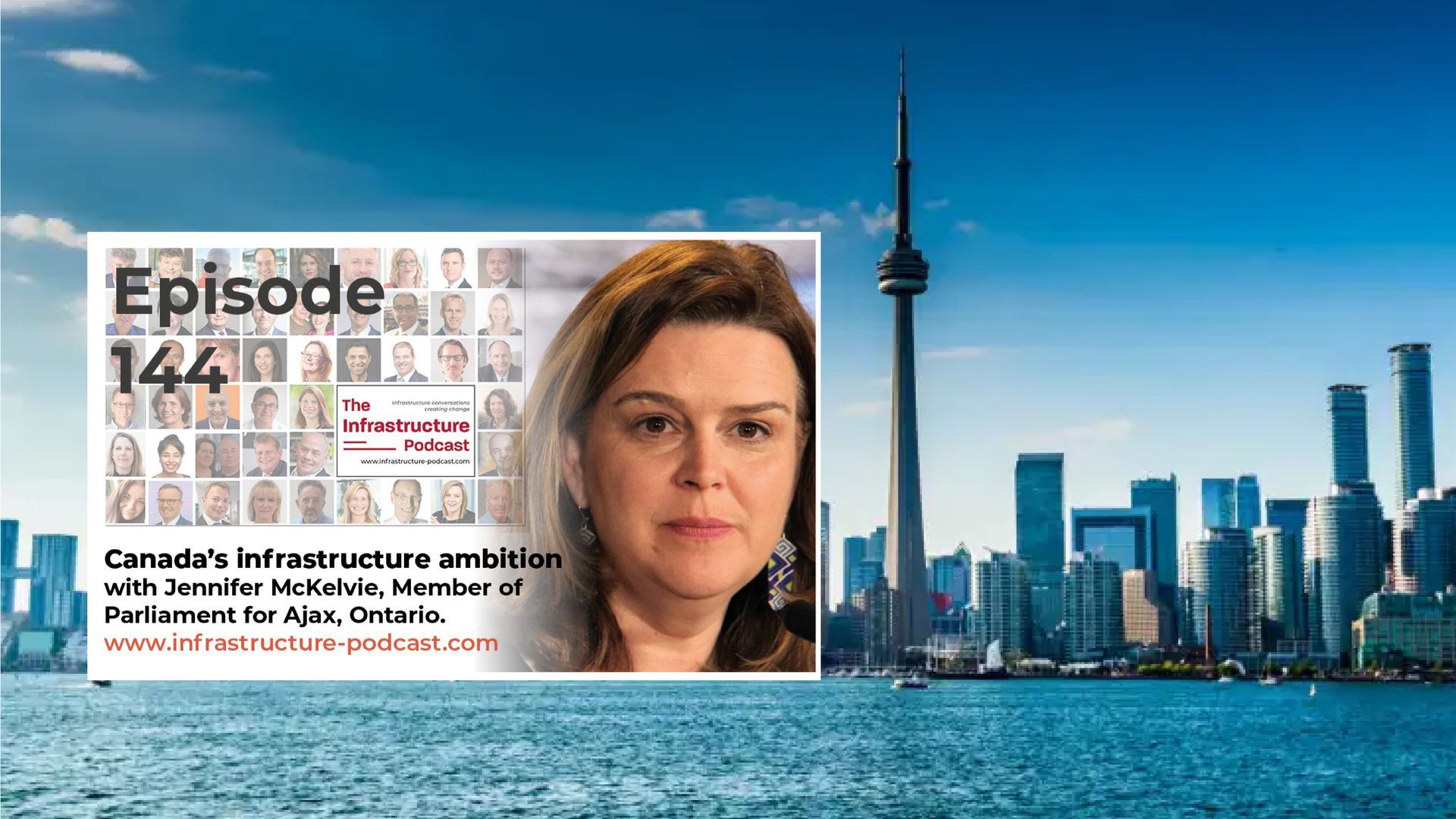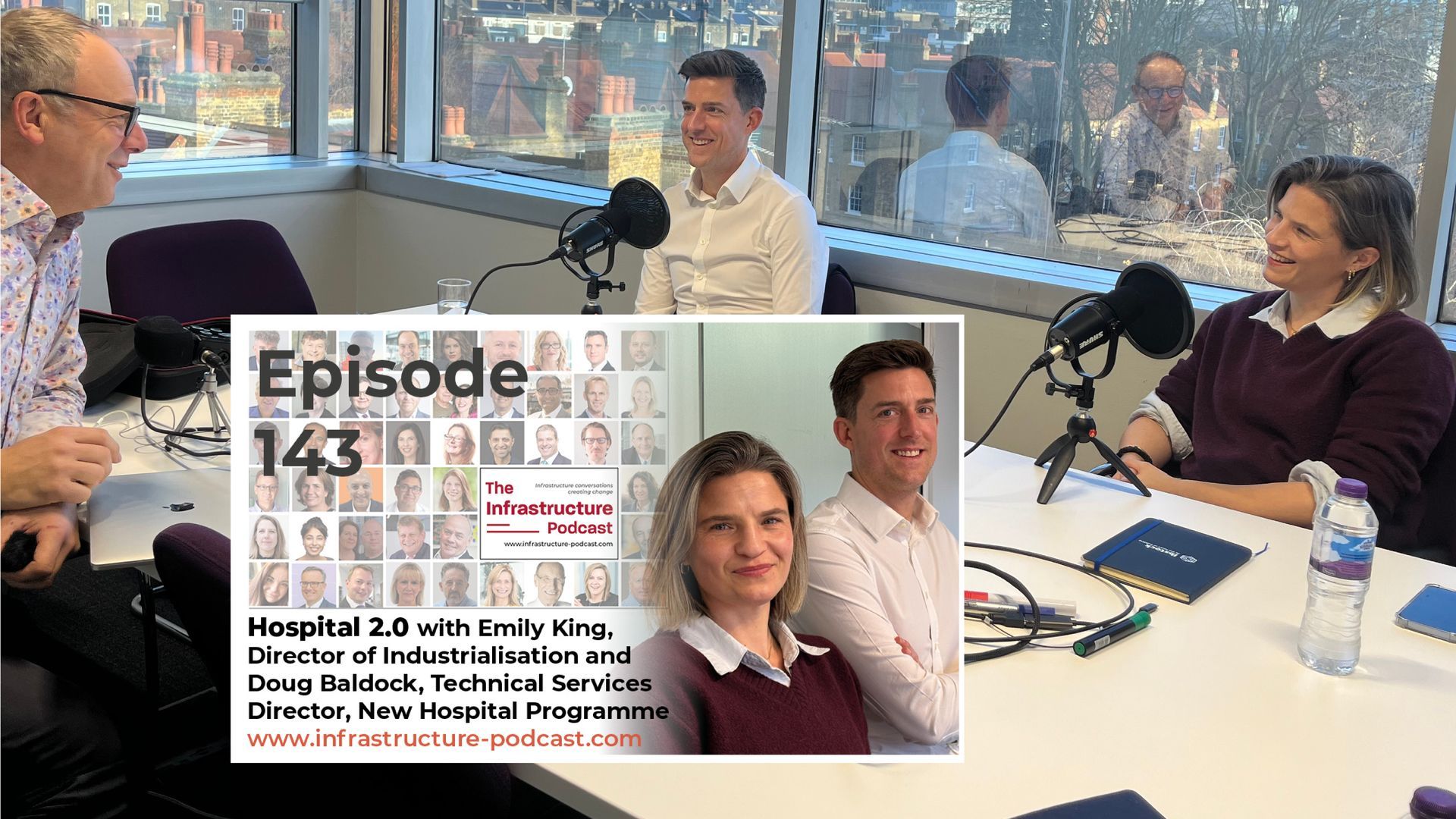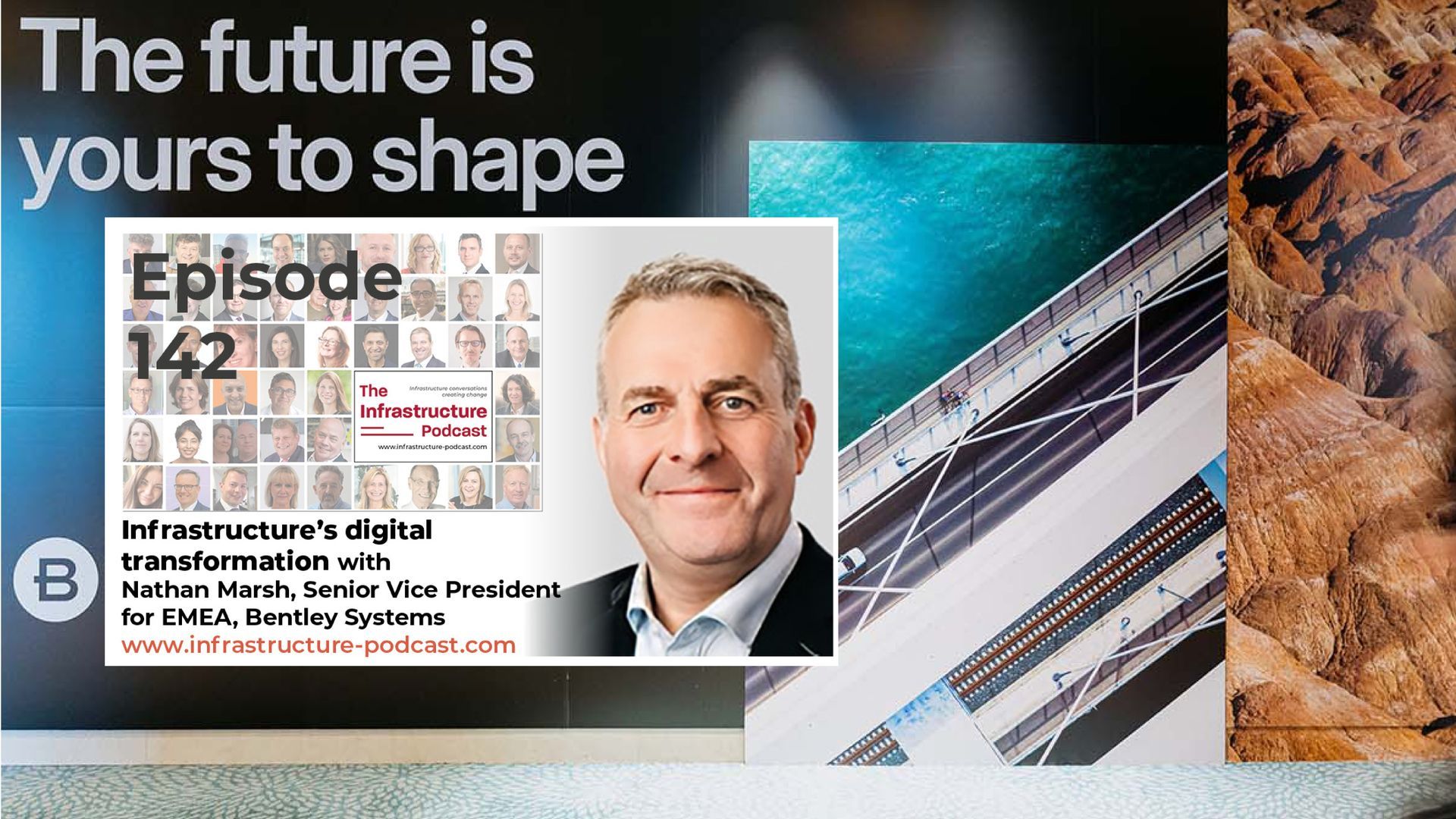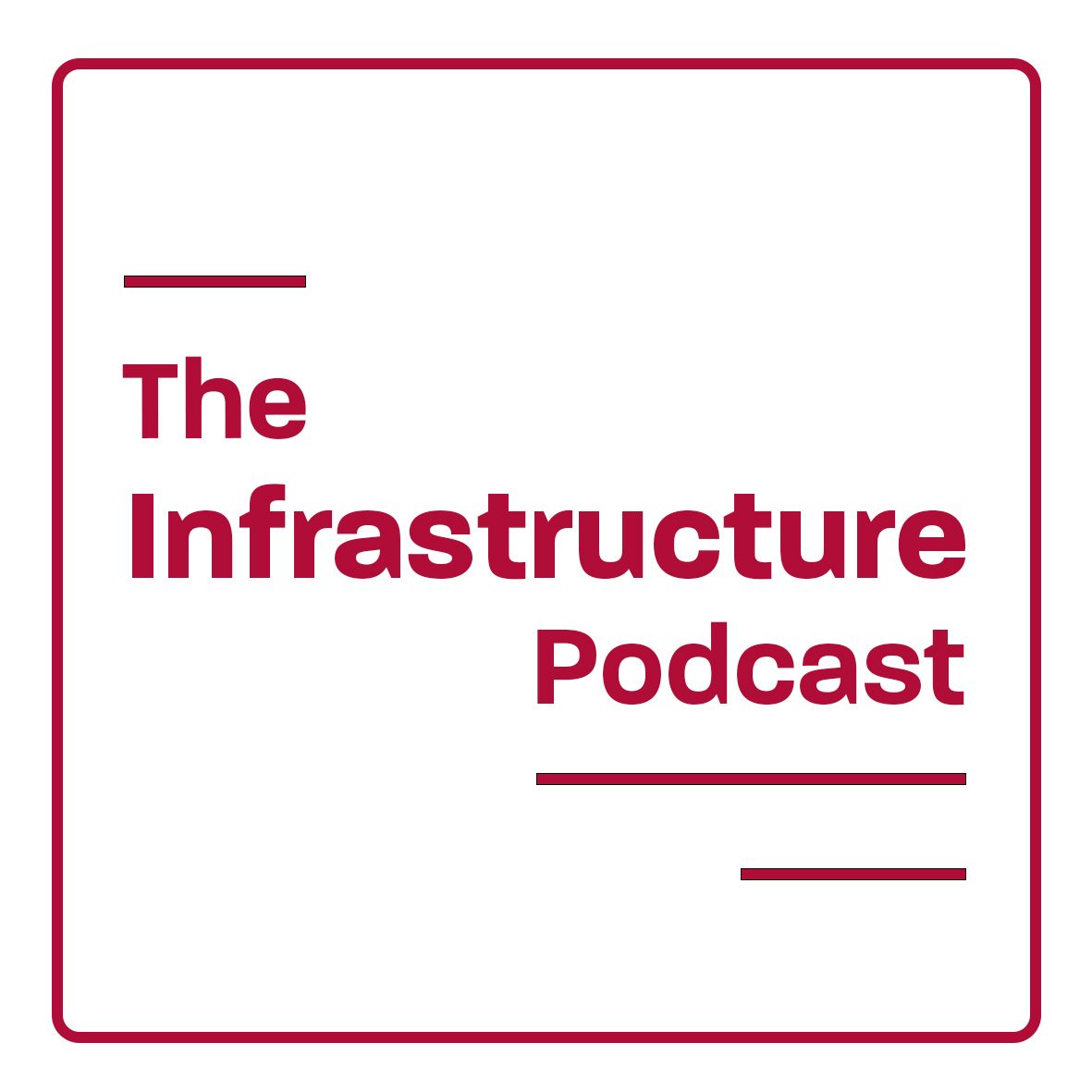One year in – and going nuclear
I measure time by episodes nowadays. A bit weird perhaps, but such is the all-consuming return to a weekly deadline ritual – albeit (as my wife reminds me often) something of a self-imposed ritual.
That said, in a world of constantly updated news and posts beaming into your life through multiple devices, there is something quite nostalgic about a single weekly product landing on the same day each week. Anticipate it; consume it; reflect on it; move on to other stuff. I like that.
Episode 53, my first anniversary episode, with Tim Stone, chairman of the Nuclear Industry Association, took me back 30 years to when I first jumped ship from a career in civil engineering to my new life and weekly deadline routine as a journalist with New Civil Engineer.
It was quite a shock. And without wishing to stretch an analogy too far, I’d say the UK’s energy transition policy could do with a serious dose of weekly deadline ritual to get it back on track.
Back then the magazine was gearing up to celebrate the Sizewell B project which was being commissioned as the first of a new breed of UK nuclear power stations albeit somewhat over-budget.
And as I reflected on the podcast with Tim, last month’s announcement by French power firm EdF that the new Hinkley Point C reactor in Somerset will now not open before 2029 – possibly not until 2031 - and could see costs spiralling again to perhaps £46bn against an £18bn original budget, certainly puts Sizewell B’s project delivery achievement into context.
While 30 years ago Sizewell B also saw costs inflate by 135% above its original budget, on the positive side, it’s now producing around 3% of the UK power needs and only took it only took seven years to build. Meanwhile, Hinkley Point C looks to be heading towards 12 to 14 years to construct.
Remember, Sizewell was intended to be the first in a fleet – a series of four identical new power stations, a plan soon killed off by the high cost and potential public sector burden that emerged. Yet as Tim points out on the Infrastructure Podcast, learning from Hinkley Point C requires exactly that - a fleet mentally and a production line to embed the efficiencies.
All of which begs the question – what on earth is going on with our nuclear and low carbon transition energy policy? We were supposed to be entering a new era of nuclear power investment to underpin the UK’s net zero carbon energy transition.
Stepping back 30 years to my switch from engineering to journalism, the sudden weekly deadline mentally was, as I say, something of a shock. In my past life there were deadlines of course, but in reality they could be pushed – there was no printing machine ready to roll with or without your words.
It is perhaps this regular deadline mentality that has been missing in our energy transition policy. There has always been a reason to delay, even in the face of impending climate meltdown.
As a result, we haven’t been able to anticipate the opportunity; we haven’t been able to consume the benefit of new projects; we haven’t been able to reflect and learn along the way; and we haven’t been able to move on to other stuff.
OK, the government – and Tim - may rightly point out that, as a private project, this latest EdF cost overrun will not cost the UK tax-payer any more. And besides, given the long lifespan and energy production potential, a small delay and cost hike will mean nothing in 30 years’ time.
But that surely overlooks the reality of market confidence and the likely additional subsidies that will be required before any future privately backed projects are agreed. And that we will not have the low carbon power generation to offset our use of gas for another few years.
Add to this the other insane reality that regardless of this ambition to add low carbon and renewable generation capacity, the ability of the grid to manage this increase will remain a limiting factor. To the extent that if the government’s laudable ambition to develop up to 50GW of new offshore wind by 2030 and to take solar capacity from 15GW to around 70GW by 2035 is achieved, we will all, most likely, be paying an annual bill of around £3bn to the developers not to generate that power.
Now I am sure that there are many very reasonable and logical reason why we find ourselves in this situation – and to be honest Tim Stone explains the situation well on The Infrastructure Podcast. Planning confusion and delay is one obvious one.
But in reality, right now I just don’t get it. In 30 years we seem to have gone backwards in terms of our long term energy strategy. We have dipped in and dipped out as was politically expedient rather than for the national good without any meaningful or regular deadlines. As a result, the entire UK plan for a decarbonised energy transition future just seems to be somewhat lost in the global supermarket of opportunity.
